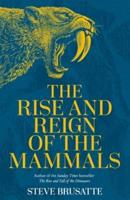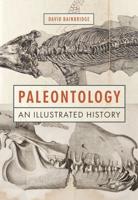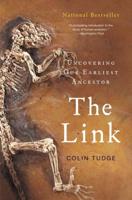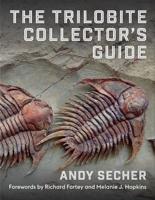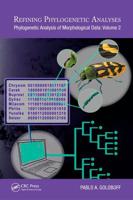Publisher's Synopsis
Excerpt from Catalogue of the Fossil Mammalia in the British Museum, Cromwell Road, S. W, Vol. 1: Containing the Orders Primates, Chiroptera, Insectivora, Carnivora, and Rodentia
There has been some difficulty in deciding on the number of specimens which should be introduced into the Catalogue, since the Museum contains such vast quantities of the remains of some of the commoner species that the introduction of the whole would be utterly useless. In such instances the principle of introducing nearly all the Specimens displayed to the public in the cases of the Mammalian Gallery has been adopted, together with such Speci mens in the drawers as are of interest, either from their intrinsic characters or on distributional grounds.
As far'as possible references are given to all works in which individual specimens have been either described or figured. In the case of figured specimens the word (fig) is placed below the number of the specimen. The specimens are referred to in this Catalogue by their Register numbers. In the majority of cases these numbers are written on oval yellow labels attached to the specimens, the more recent acquisitions being ranged under the letter M. In the case of some of the specimens which have been longest in the collection the numbers are written on oblong white labels, these numbers referring to a separate volume known as the Old Catalogue. Such specimens are entered with the affix to their numbers.
About the Publisher
Forgotten Books publishes hundreds of thousands of rare and classic books. Find more at www.forgottenbooks.com
This book is a reproduction of an important historical work. Forgotten Books uses state-of-the-art technology to digitally reconstruct the work, preserving the original format whilst repairing imperfections present in the aged copy. In rare cases, an imperfection in the original, such as a blemish or missing page, may be replicated in our edition. We do, however, repair the vast majority of imperfections successfully; any imperfections that remain are intentionally left to preserve the state of such historical works.

